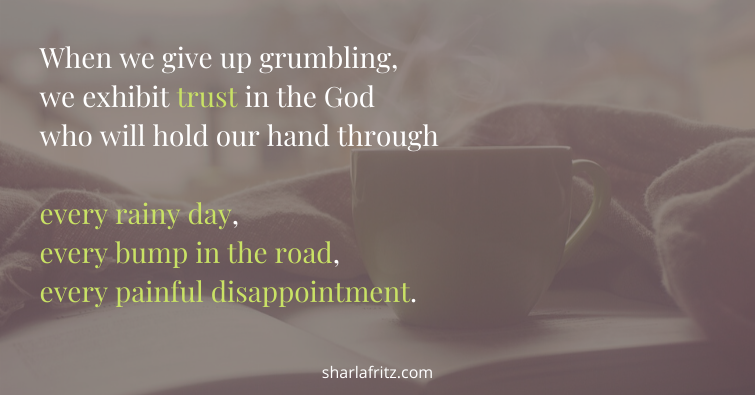
Grumbling seems to be a national pastime. We moan when the weather is lousy. We complain about traffic. We gripe about disappointments.
Why do we do this?
Maybe it’s because complaining garners sympathy. Maybe it’s because it feels good to get something off your chest. Maybe it’s because it’s easy conversation–usually everyone else joins in with their own gripes.
Maybe it’s because you’re like me and you think: If I don’t complain, what will I talk about?
We Know We Should Give Up Grumbling
But even though it’s easy to grumble, we all know we should give it up.
The apostle Paul wrote:
Do everything without complaining or arguing.
Philippians 2:14
That pretty much covers it, doesn’t it? God commands us to do everything without grumbling.
Gulp.
Fortunately, for those of us who need a little extra incentive, Paul tells us there are positive side-effects to ending our griping sessions. Look at the next verse in Philippians:
“So that you may become blameless and pure, children of God without fault in a crooked and depraved generation, in which you shine like stars in the universe” Philippians 2:15

Three Positive Side-Effects to Giving Up Grumbling
Paul told the Philippians that there are three positive side-effects to giving up griping:
- We will become blameless and pure. Blameless means without fault. When we give up complaining, our lives will not be open to criticism. Pure means our lives will not be a mixture of good and evil. When I use my imagination to see myself through God’s eyes when I’m complaining, I see someone given who has been given the greatest gifts of salvation and life forever in heaven and still complains about the weather. A mixture of good and evil. Without my constant griping, my life is a better reflection of Christ’s purity.
- We will be children of God without fault in a crooked and depraved generation. When we’re complaining we look just like everyone else. If give up our griping we will stand out in a society without faith, without hope. People will recognize we have something special. A friend of mine who became a Christian as an adult said that before she knew Jesus, she didn’t see any benefits to becoming a Christian. She thought Christianity was just following a bunch of rules. She saw that Christians still had problems. She couldn’t figure out why someone would subject themselves to all those rules if they didn’t get any benefits. When things don’t go our way, we have an opportunity to show non-Christians the benefits of being a child of God. Even though we have problems, we also have a Father who goes through them with us. Do our lives demonstrate that truth when we are complaining?
- We will shine like stars in the universe. Without complaining, our light will shine brighter, we will be more able to point people to the Light of the world. Complaining will only dim our brightness.
Give Up Grumbling, Exhibit Trust
When we abandon the habit of complaining every time something irritates us or someone disappoints us, we can shine a light on the One who is more than willing to give us the grace to face every trial. When we give up grumbling, we exhibit trust in the God who will hold our hand through every rainy day, every bump in the road, every painful disappointment.


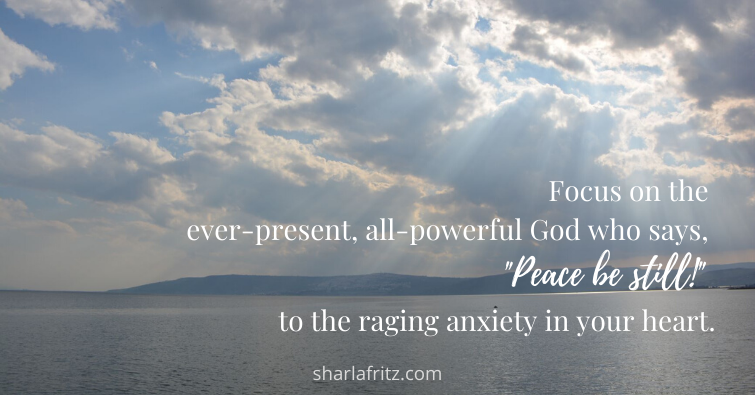



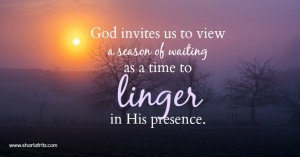
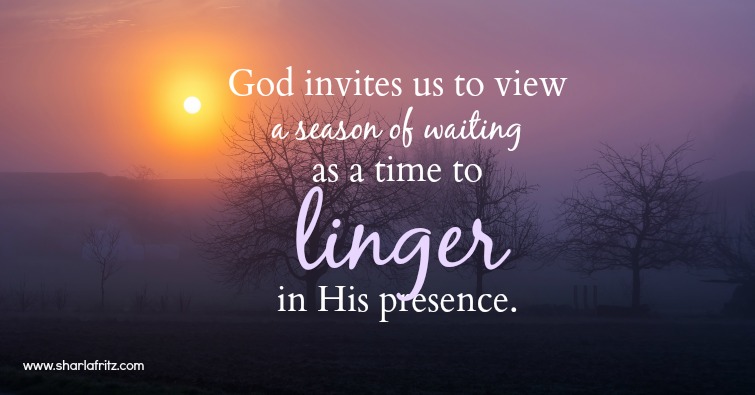









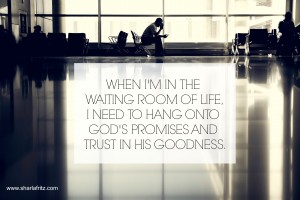
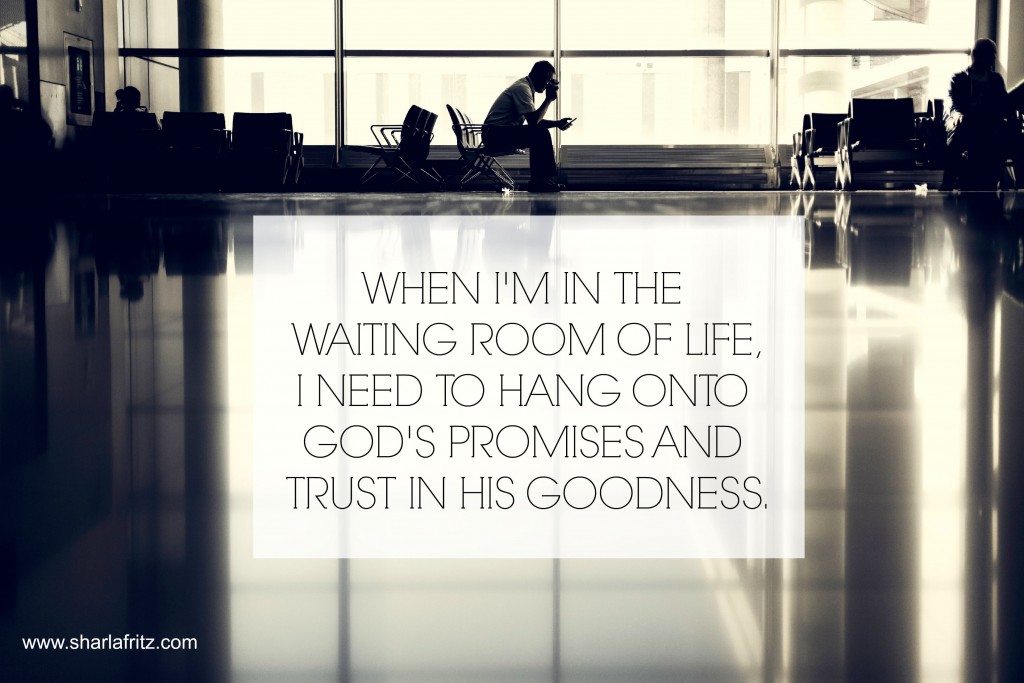


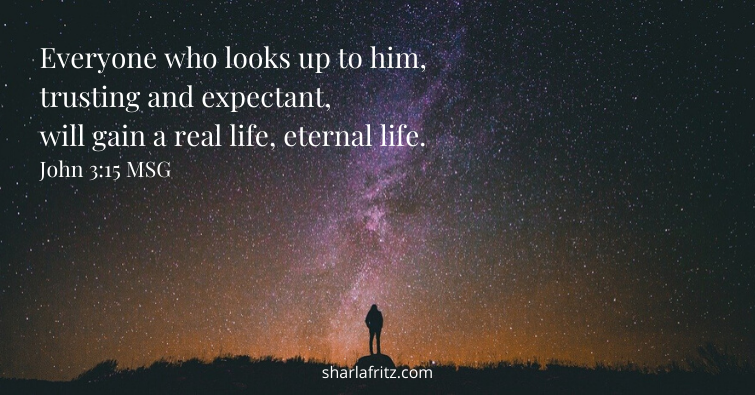


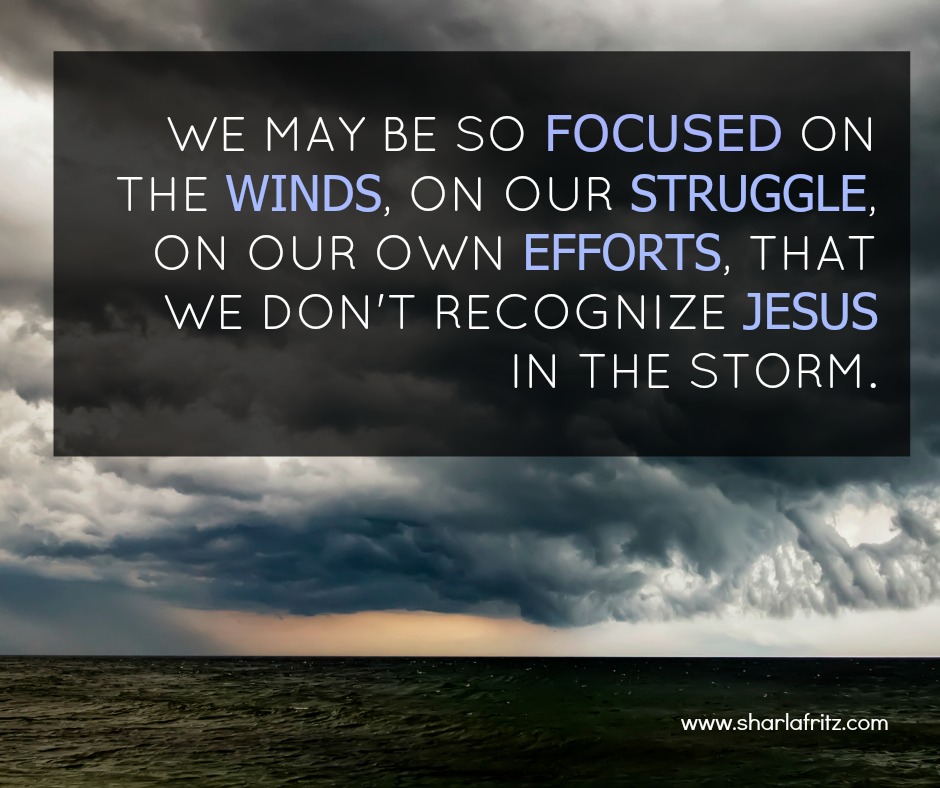




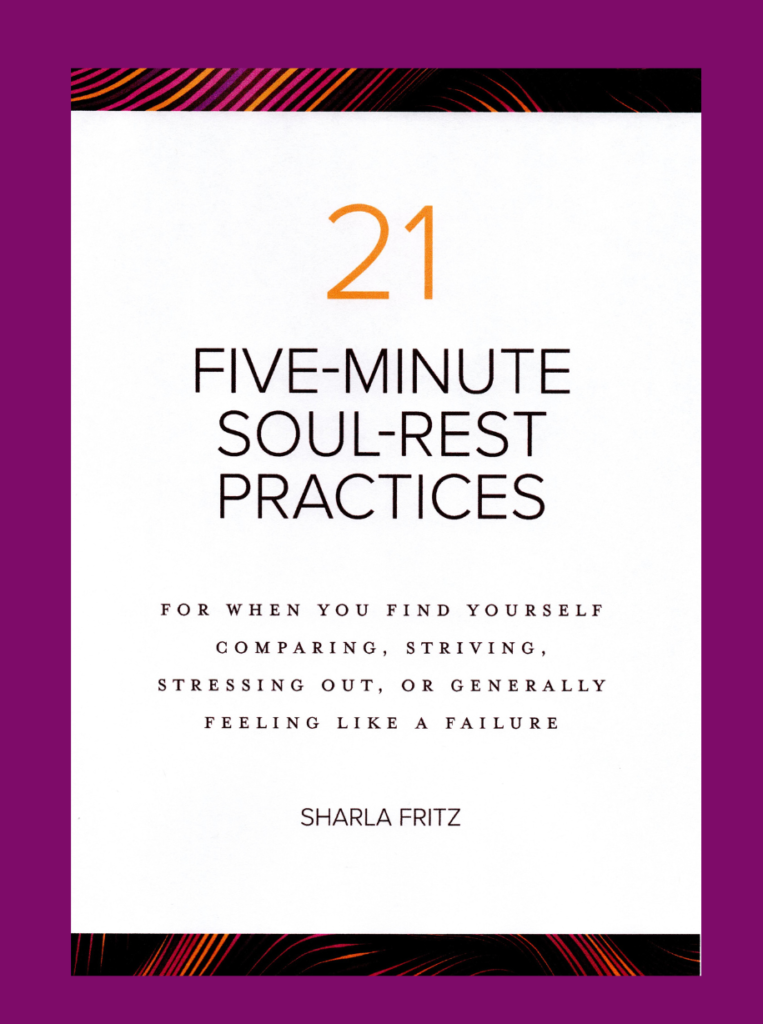
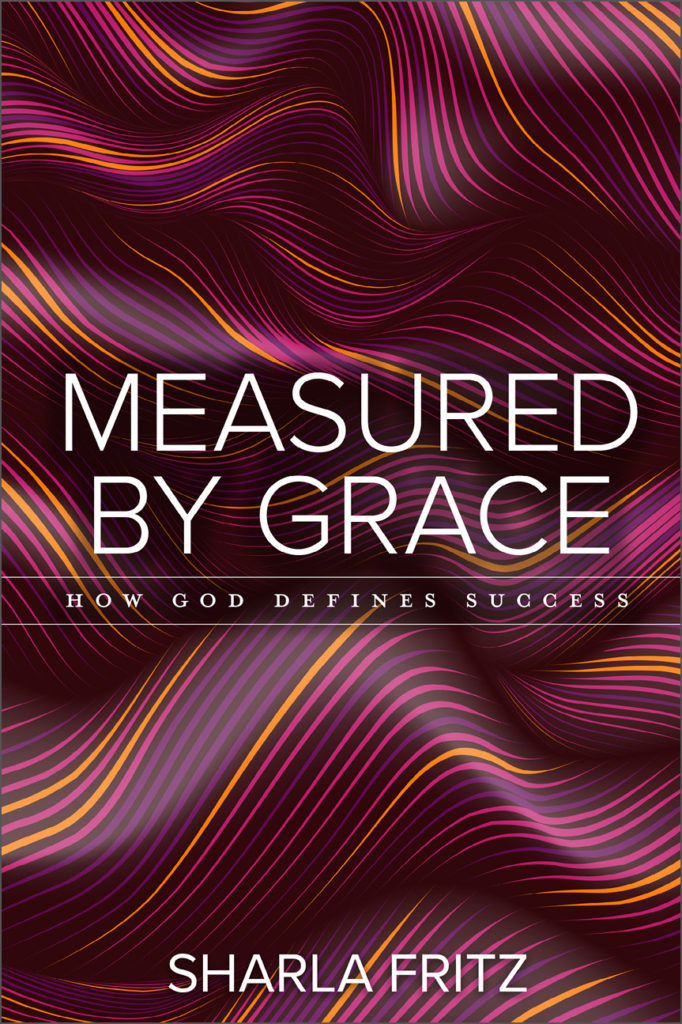

Follow Me!